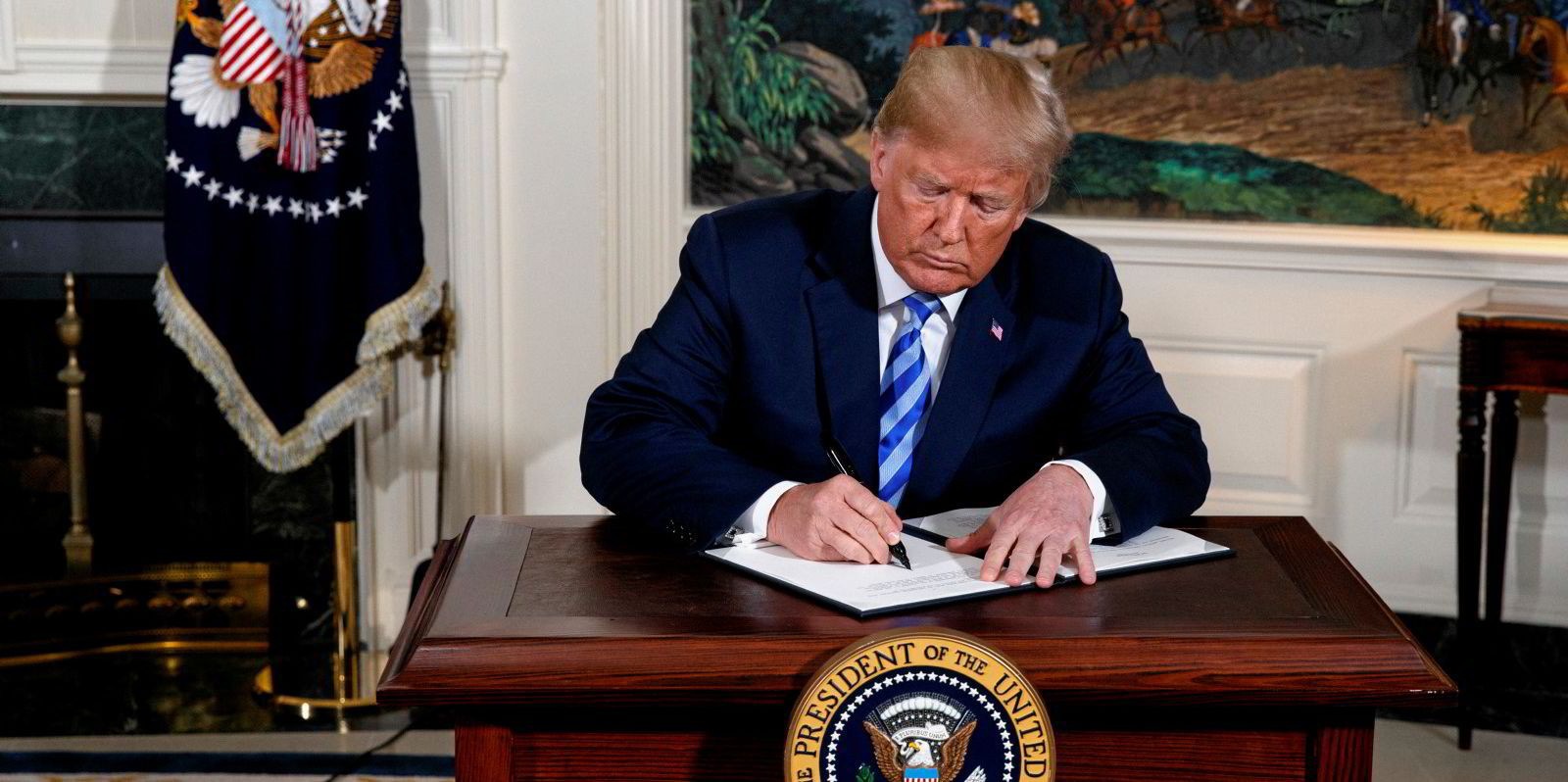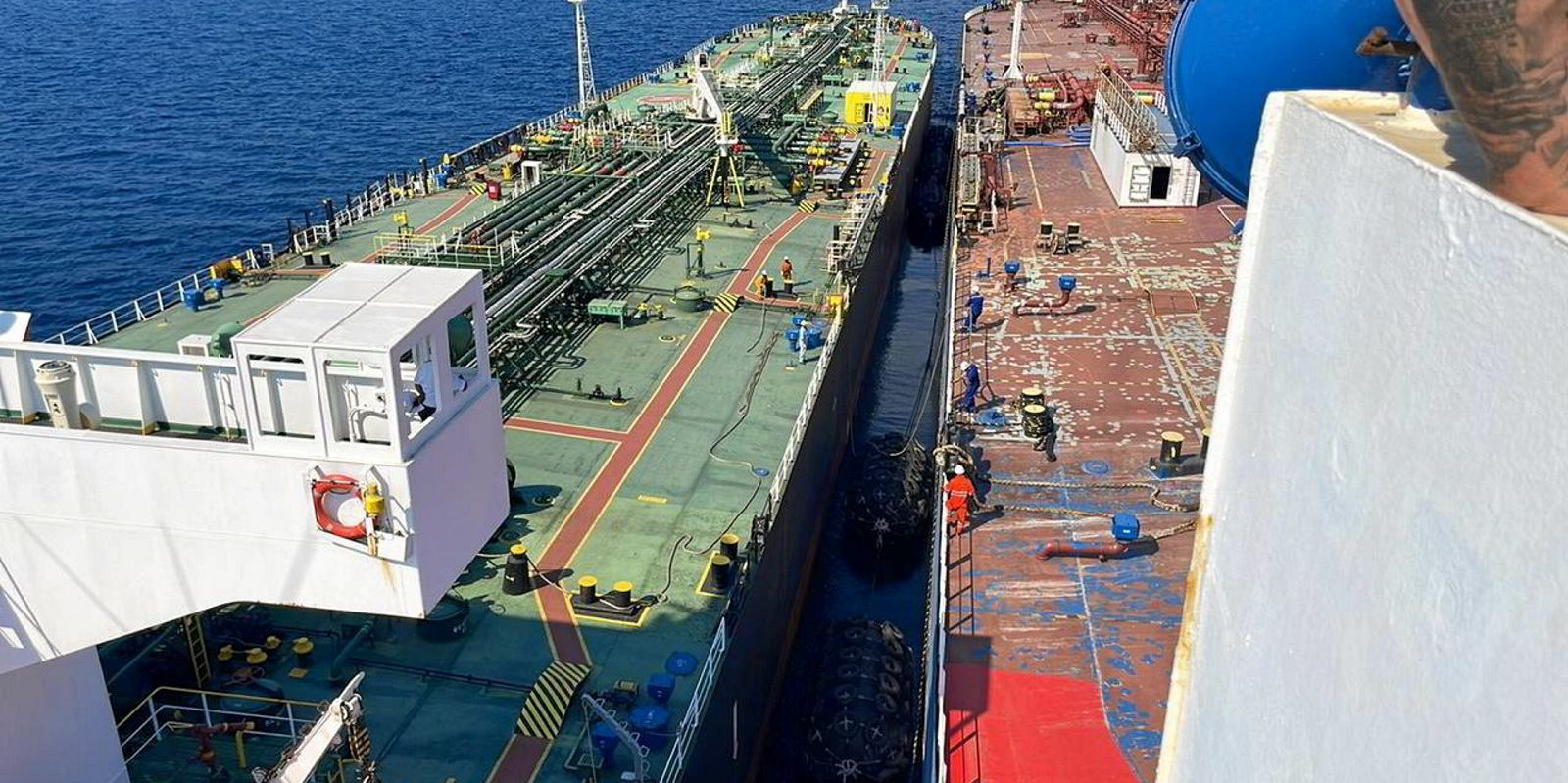Iran said it would respond by midnight on Monday to the latest efforts to kick-start the 2015 nuclear deal and remove sanctions on its oil exports.
Analysts said a deal could add a million barrels a day to the market as Europe prepares to join the US with a ban on Russian crude imports following the invasion of Ukraine.
Iran sells most of its oil to China and Syria. It has been competing with Russian cut-price crude supplies in Asia after the US and Europe announced sanctions programmes to deplete Moscow’s war chest.
Iranian Foreign Minister Hossein Amirabdollahian indicated that further wrangling would be necessary to conclude the EU’s “final” offer issued last week. It followed months of indirect talks in Vienna brokered by the bloc between the US and Iran.
“Specifically, there are three issues … If these three issues are resolved, we can reach an agreement. But failure to revive the pact would not be the end of the world,” he said.
Former US President Donald Trump pulled out of the deal in 2018 and re-imposed sanctions saying it had failed to curtail Iran’s nuclear ambitions.
The decision led to oil exports plummeting after Iran had started shipping more than 2.1 million barrels per day under the Barack Obama-era deal, according to the US-based Council on Foreign Relations.
The invasion of Ukraine, a ban on Russian imports by the US and Europe and the energy crisis has spurred existing efforts to re-ignite the deal.
Resurrecting the nuclear deal has been a priority for President Joe Biden but has said that he will not wait forever for a deal to be reached.
Brent crude was down more than 4% in trading on Monday at $93.57 a barrel on news of Iran’s anticipated response and concerns over the Chinese economy.
Any uptick in volumes from Iran or Venezuela could be used by the US and Europe to put further economic pressure on Russia, said Bjarne Schieldrop, chief commodities analyst at Nordic bank SEB.
Driving down energy prices before the US mid-term elections would also give a lift to the Biden administration, he said.
The impact of the war and the ban on Russian oil imports has led to longer voyages and improving earnings prospects for tanker owners. “Iran getting online may be negative for freight,” said Schieldrop.

Hossein Amirabdollahian said Washington had to show “flexibility” to avoid the need for further talks owing to several outstanding issues. They included Iran’s demand for a “binding” deal that could not be overturned by a subsequent US administration.
Even if a deal is agreed, it would need to be signed off by US lawmakers. “It’s not a light switch,” Helima Croft, head of global commodity strategy at RBC Capital Markets, told CNBC last week.
“Potentially we are inching close to a nuclear deal that could bring back a million Iranian extra barrels on to the market,” she said. “The question is: Have we seen this movie before?”





